The World Health Organization defines:
- traditional medicine as the sum total of knowledge, skill and practices based on the theories, beliefs and experiences indigenous to different cultures, explicable or not, used in the maintenance of health as well as in the prevention, diagnosis, improvement or treatment of physical and mental illness.
- complementary medicine, also known as alternative medicine, refers to a broad set of health care practices that are not part of the country’s own tradition or conventional medicine and are not fully integrated into the dominant health care system.
Patients diagnosed with cancer often also seek options beyond the conventional therapies offered by the doctors in the form of traditional and/or complementary medicine. This approach is perceived by many patients to be more holistic with a major focus on quality of life, as opposed to conventional medicine which largely focuses on evidence-based medicine and proven outcomes from clinical trials.
Ultimately, the patients have the autonomy to decide on the best treatment strategy for themselves. It is important, however to be aware of the limitations of unproven treatments particularly when the usage is based on historical use, laboratory-based research only or individual case reports. Hence, the treatment may not be effective nor safe.
Traditional and complementary medicine usage is often integrated alongside the conventional treatment. It is important that the patients discussed its usage with the treating doctor first as harm may be elicited when the usage of traditional or complementary medicine is combined with anti-cancer treatment, e.g. liver toxicity. This may result in the interruption or delay in the anti-cancer treatment.
You may go to the following websites to learn more about traditional and complementary medicine:
